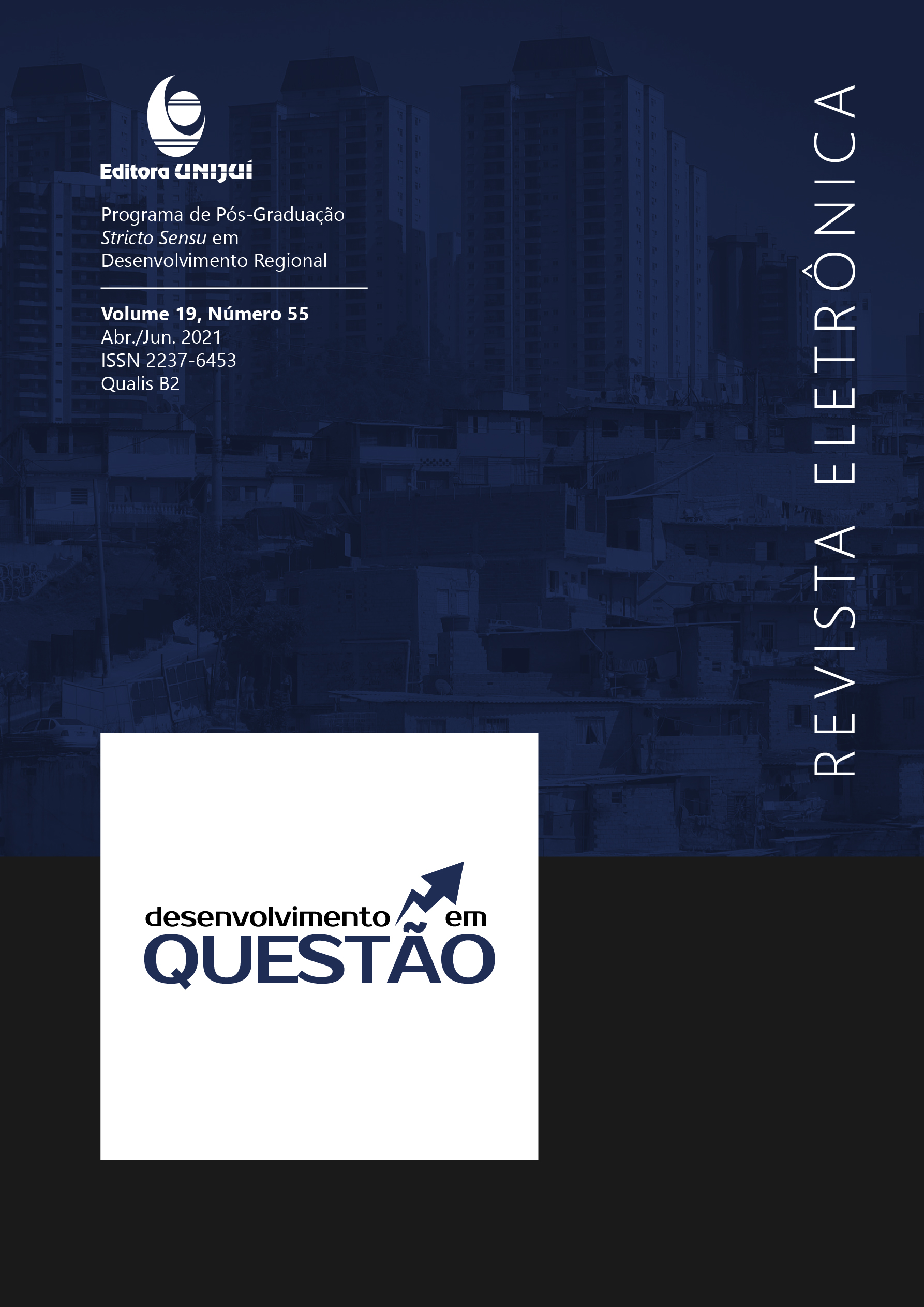DOES INTERPRETING WORK AS A CALLING CONTRIBUTE OR DAMAGE AN INDIVIDUAL’S EMPLOYABILITY?
DOES INTERPRETING WORK AS A CALLING CONTRIBUTE OR DAMAGE AN INDIVIDUAL’S EMPLOYABILITY?
DOI:
https://doi.org/10.21527/2237-6453.2021.55.11031Keywords:
Occupational calling; Employability; Paradox mindset; Proactive professional development.Abstract
In this study, we argue that occupational callings are not only positive nor only negative for an individual’s employability. For testing this idea, we aimed at analyzing the existence of positive and negative indirect associations between perceiving an occupational calling an employability, and the moderating effect of paradox mindset in those relationships. For such, we conducted a quantitative research and we analyzed our data using Structural Equations Modeling. The results showed a negative direct effect between perceiving an occupational calling and employability. In addition, we found a positive indirect effect between these variables, via proactive professional development, and a negative indirect effect, via career inflexibility. Finally, a moderating effect of the paradox mindset was also identified in the relationship between perceiving a call and employability, mediated by career inflexibility. Thus, this study contributes to the career development literature by showing negative effects of perceiving a calling for employability, while the practice of many career counselors ignore this effect.
Downloads
Published
How to Cite
Issue
Section
License
By publishing in Revista Desenvolvimento em Questão, authors agree to the following terms:
All works are published under the Creative Commons Attribution 4.0 International License (CC BY 4.0), which allows:
Sharing — to copy and redistribute the material in any medium or format;
Adaptation — to remix, transform, and build upon the material for any purpose, even commercially.
These permissions are irrevocable, provided that the following terms are respected:
Attribution — authors must be properly credited, a link to the license must be provided, and any changes made must be indicated.
No additional restrictions — no legal or technological measures may be applied that legally restrict others from doing anything the license permits.
Notices:
The license does not apply to elements that are in the public domain or covered by legal exceptions.
The license does not grant all necessary rights for specific uses (e.g., image rights, privacy, or moral rights).
The journal is not responsible for the opinions expressed in the articles, which are the sole responsibility of the authors. The Editor, with the support of the Editorial Board, reserves the right to suggest or request modifications when necessary.
Only original scientific articles presenting research results of interest that have not been previously published or simultaneously submitted to another journal with the same purpose will be accepted.
Mentions of trademarks or specific products are intended solely for identification purposes and do not imply any promotional relationship by the authors or the journal.
License Agreement (for articles published from 2025 onward): Authors retain the copyright to their article and grant Revista Desenvolvimento em Questão the right of first publication.











